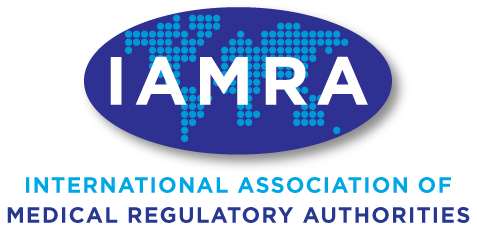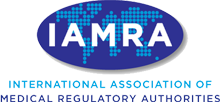What is a medical regulatory authority?
A medical regulatory authority is an organization recognized by the government of a country, state, province etc., as being responsible for:
- the registration/licensure of physicians, whereby such physicians are entitled to practice the profession of medicine; and/or
- the standards of practice of registered/licensed physicians within that jurisdiction.
In some jurisdictions, other health care professionals such as dentists are also registered/licensed and regulated by the same regulatory authority. Medical regulatory authorities are typically established through legislation such as a Medical Practice Act, which sets out the responsibilities and powers of the medical regulatory authority.
Medical regulatory authorities may be structured in different ways*, but generally share a common mission to protect the public by ensuring that physicians are competent and fit to practice. This begins with the registration/licensure process.
Scope of medical regulation
Through registration/licensing, medical regulatory authorities ensure that all physicians practicing in their jurisdiction have appropriate education and training.
Most medical regulatory authorities require the registered/licensed physicians to re-register or renew their license periodically in order to continue their active status. During this process, physicians may be required to demonstrate, for example, that they are participating in a program of continuing medical education, that they are not impaired and have not engaged in any improper conduct.
Medical regulatory authorities may also manage the reinstatement of registration/licensure following a period of voluntary surrender or imposed suspension/revocation.
Most medical regulatory authorities have additional responsibilities defined in their legislation, such as:
- managing complaints
- managing impaired physicians
- managing poorly performing physicians
- managing unsatisfactory professional conduct/behavior
How can a member of the public interact with their local medical regulatory authority?
Consumers can often access information from their local medical regulatory authority in relation to specific physicians. Most medical regulatory authorities are able to disclose if a physician is currently registered/licensed and whether their registration/license is subject to conditions or restrictions. Some medical regulatory authorities may be able to disclose if disciplinary or other action has been taken against a physician. Such information may be available through searchable registers on the medical regulatory authority’s website or may require an enquiry to the authority.
If a consumer believes that the quality of medical care they have received is substandard or that a physician is impaired or has engaged in unprofessional conduct, they should contact their local medical regulatory authority and provide as much detail as possible to enable the matter to be looked into.
* IAMRA does not promote or endorse any particular model of medical regulation, recognizing that there are many different structures and approaches. IAMRA supports and encourages effective regulatory systems that provide the foundation for patient safety and public protection.
Models of regulation include, but are not limited to:
- Autonomous medical regulatory authorities with different ways of appointing Council/Board members, including election and direct appointment;
- Medical regulatory authorities responsible to a national or state government;
- Medical regulatory authorities within a national or state government;
- Hybrid models.

